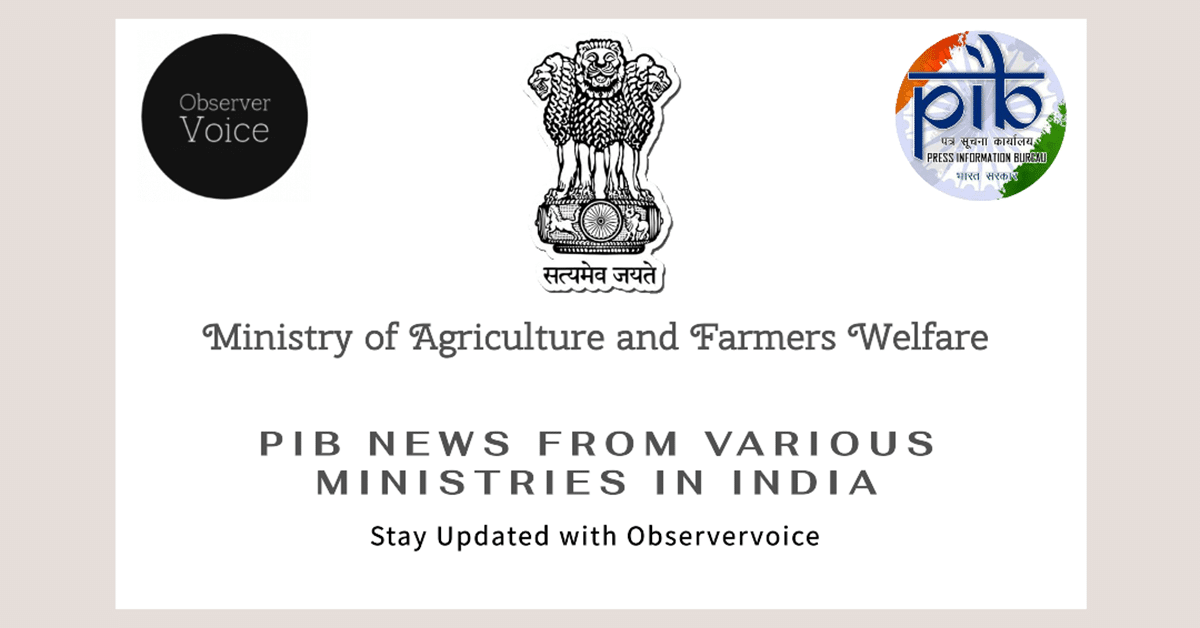National Mission on Natural Farming – Paramparagat Krishi Vikas Yojana

The Indian government is taking significant steps to promote sustainable agriculture through the National Mission on Natural Farming (NMNF). Launched on November 25, 2024, this initiative aims to enhance natural farming practices across the nation. It builds on the groundwork laid by the Paramparagat Krishi Vikas Yojana (PKVY), which began in 2019-2020. The mission seeks to involve one crore farmers and cover 7.5 lakh hectares of land, marking a pivotal shift towards eco-friendly farming methods.
Overview of the National Mission on Natural Farming
The NMNF is a standalone centrally sponsored scheme with an overall budget of ₹2,481 crore. Its primary goal is to promote natural farming practices, which emphasize the use of organic inputs and sustainable agricultural techniques. This initiative is crucial for reducing the dependency on chemical fertilizers and pesticides, which have adverse effects on the environment and human health.
The mission is expected to create a robust framework for farmers, providing them with the necessary training and resources to adopt natural farming methods. This includes financial assistance for organic inputs, marketing, and certification processes. The government aims to establish organic clusters to facilitate a value and supply chain, ensuring that farmers can effectively market their produce.
The NMNF is not just about promoting organic farming; it is also about empowering farmers. By providing them with the tools and knowledge needed to succeed, the government hopes to improve their livelihoods and contribute to the overall health of the ecosystem.
Progress Under the Paramparagat Krishi Vikas Yojana
Since its inception, the PKVY has made significant strides in promoting organic farming across various states. As of the 2020-21 fiscal year, the area sanctioned under the Bharatiya Prakritik Krishi Paddhati (BPKP) has reached 409,400 hectares. The states involved include Andhra Pradesh, Chhattisgarh, Kerala, Himachal Pradesh, and others, each contributing to the overall goal of sustainable agriculture.
The training programs organized under the PKVY have been instrumental in educating farmers about organic farming practices. These sessions have focused on practical skills, enabling farmers to transition from conventional to organic farming. The data collected at the state level indicates that a significant number of small and marginal farmers have benefited from these initiatives.
Despite the progress, some states, like Maharashtra, have not opted for natural farming under the PKVY. However, they have conducted training sessions on organic farming, indicating a growing awareness of sustainable practices. The government remains committed to expanding the reach of the NMNF, ensuring that all states, including Maharashtra, can participate in this transformative initiative.
Financial Assistance and Support for Farmers
The PKVY scheme provides comprehensive financial assistance to farmers, ensuring they have the resources needed to transition to organic farming. Farmers receive ₹31,500 per hectare over three years, which includes direct payments for on-farm and off-farm organic inputs. Additionally, funds are allocated for marketing, packaging, branding, and certification processes.
The financial support extends to training and capacity building, with ₹9,000 per hectare allocated for these initiatives. This holistic approach ensures that farmers are not only financially supported but also equipped with the knowledge and skills necessary for successful organic farming.
Since the launch of the PKVY, approximately 14.99 lakh hectares have been covered under organic farming, involving over 25.30 lakh farmers. The scheme has released ₹2,170.30 crore in funds, demonstrating the government’s commitment to promoting sustainable agriculture.
Future Prospects and Goals of the NMNF
The NMNF aims to further expand the reach of natural farming practices across India. With a target of involving one crore farmers and covering 7.5 lakh hectares, the mission is poised to make a significant impact on the agricultural landscape. The government is focused on creating a sustainable ecosystem that benefits both farmers and consumers.
The emphasis on training and capacity building will continue, ensuring that farmers are well-equipped to adopt natural farming methods. The establishment of organic clusters will facilitate better marketing opportunities, allowing farmers to access broader markets for their organic produce.
As the NMNF progresses, it is expected to contribute to the overall health of the environment and the economy. By promoting sustainable farming practices, the government aims to create a resilient agricultural sector that can withstand the challenges posed by climate change and market fluctuations. The future of agriculture in India looks promising, with the NMNF leading the way towards a more sustainable and eco-friendly approach.
Observer Voice is the one stop site for National, International news, Sports, Editor’s Choice, Art/culture contents, Quotes and much more. We also cover historical contents. Historical contents includes World History, Indian History, and what happened today. The website also covers Entertainment across the India and World.

